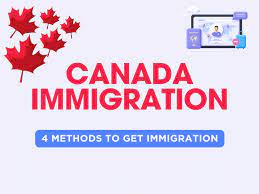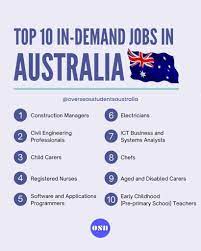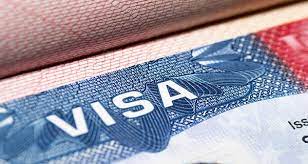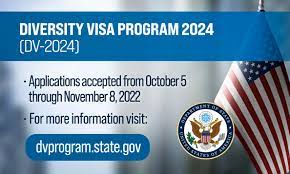Canada’s Immigration Pathways for International Jobseekers
Canada has consistently served as a beacon for immigrants in pursuit of enhanced opportunities. For international job seekers, comprehending Canada’s diverse immigration pathways holds paramount importance. These avenues not only unlock new life prospects but also wield substantial influence on Canada’s economy and cultural tapestry.
Economic Immigration Streams for Skilled Refugees stand out prominently. Notably, the Economic Mobility Pathways Pilot (EMPP) targets skilled refugees, offering a streamlined route into sectors experiencing labor shortages such as healthcare, construction, and hospitality. This initiative, emphasized on Canada.ca, expedites the process for employers to recruit and relocate talented individuals from displaced populations, thus alleviating chronic talent scarcities across various industries.
The Immigration Levels Plan (2024-2026), as delineated on Canada.ca, encompasses diverse economic pilots including the Caregivers, Agri-Food Pilot, Rural and Northern Immigration Pilot, and the Atlantic Immigration Program. These initiatives constitute integral components of Canada’s immigrant-welcoming strategy while effectively addressing labor market demands.
The Provincial Nominee Program (PNP) represents another significant pathway. Discussed on CAN Pathways, this program empowers Canada’s provinces and territories to nominate individuals keen on immigration and interested in settling in a specific province. With a target of accommodating over 80,000 immigrants annually, the PNP plays a pivotal role in facilitating immigration and regional development initiatives.
Quebec Immigration Pathway System
Distinct from other Canadian immigration programs, Quebec operates its own immigration system with separate criteria. This system encompasses the Quebec Skilled Worker Program (QSWP) and the Quebec Experience Program (PEQ), catering specifically to skilled workers and international students who have completed their education in Quebec.
The Atlantic Immigration Pilot (AIP) stands out as a fast-track program tailored for the Atlantic provinces of Canada, aiming to attract and retain foreign talent in these regions. It offers essential information for Atlantic Canada employers seeking to hire foreign nationals and guides international job seekers on applying for jobs in Atlantic Canada under this initiative.
Beginning in the spring of 2023, Canada introduced targeted Express Entry draws as part of its strategy to select candidates based on specific economic needs. These draws prioritize transitioning international student graduates to permanent residence and focus on Francophone and bilingual candidates.
Despite the opportunities presented by these pathways, challenges such as bias in hiring and underutilization of immigrant talent persist. Addressing these challenges requires a coordinated response involving employers, regulators, and other stakeholders. Analyzing Canadian work permit data and creating career mobility pathways are essential steps toward improving immigrant outcomes.
Understanding these diverse pathways is vital for international job seekers aspiring to immigrate to Canada. Each program offers unique opportunities tailored to different skills and backgrounds, contributing to Canada’s cultural diversity and economic resilience.
FAQs:
- What are the key sectors facing labor shortages in Canada? Canada faces labor shortages in the healthcare, construction, tourism, and hospitality sectors.
- Can skilled refugees apply for immigration to Canada? Yes, through the Economic Mobility Pathways Pilot, skilled refugees can apply for immigration to Canada.
- What is the Provincial Nominee Program? It’s a program allowing Canadian provinces to nominate individuals who wish to immigrate to Canada and reside in a particular province.
- Does Quebec have a separate immigration program? Yes, Quebec operates its immigration system independently of other Canadian immigration programs.






